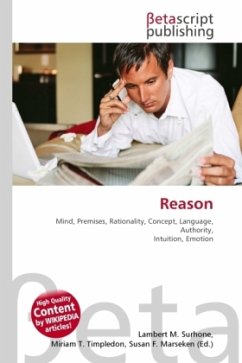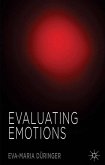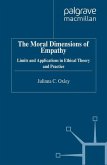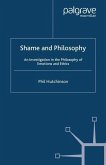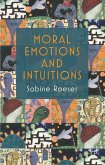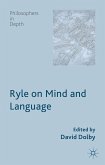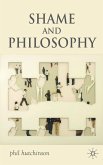High Quality Content by WIKIPEDIA articles! Reason is the mental faculty that is able to generate conclusions from assumptions or premises. The meaning of the word "reason" in this sense overlaps to a large extent with "rationality" and the adjective of "reason" in philosophical contexts is normally "rational", rather than "reasoned" or "reasonable". The concept of 'reason' is closely related to the concepts of language and logic, as reflected in the multiple meanings of the Greek word "logos", the root of logic, which translated into Latin became "ratio" and then in French "raison", from which the English word "reason" was derived. Reason is often contrasted with authority, intuition, emotion, mysticism, superstition, and faith, and is thought by rationalists to be more reliable than these in discovering what is true or what is best. The precise way in which reason differs from emotion, faith, and tradition is controversial, because all three are considered to be both rational, and in potential conflict with reason.

